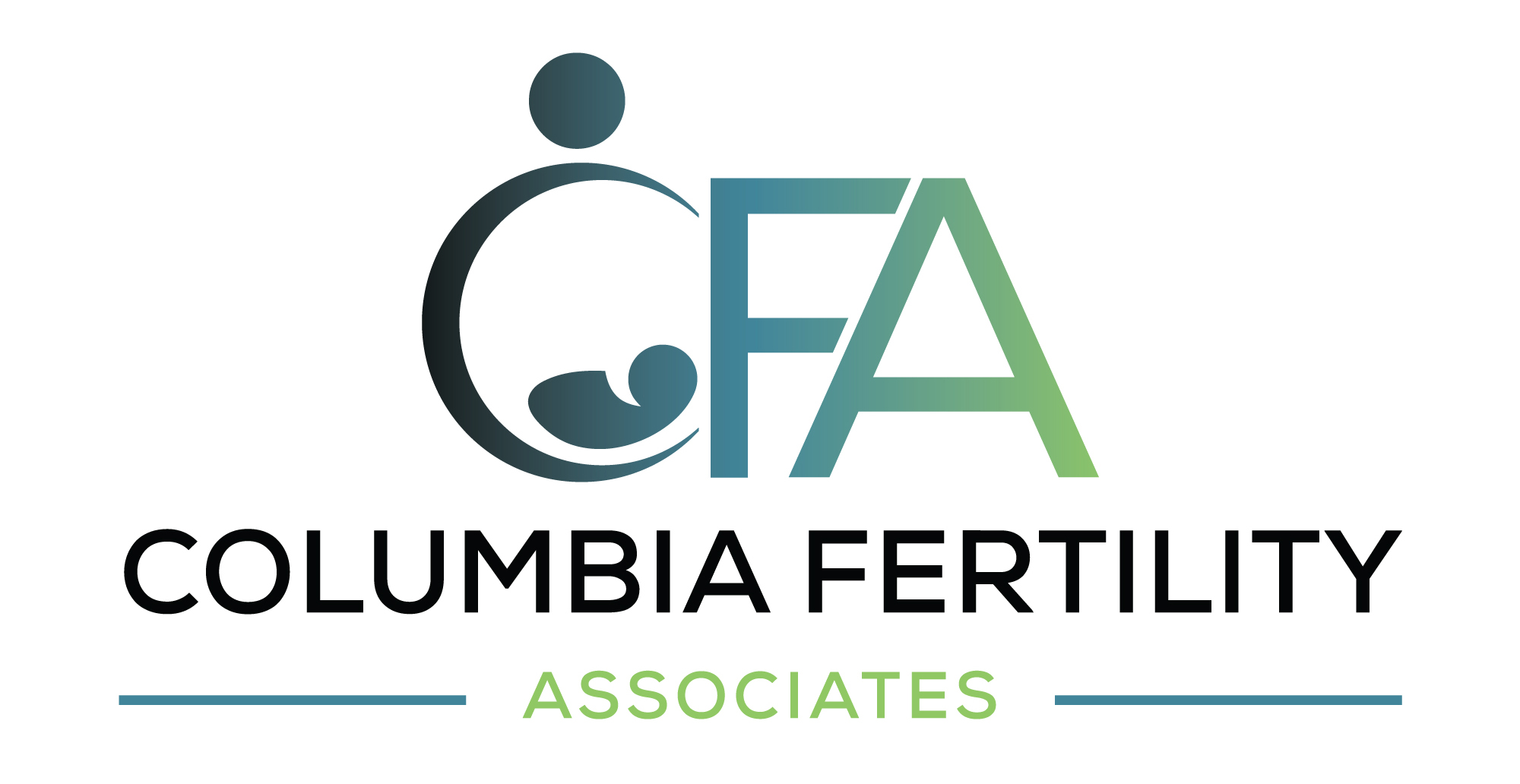Here’s what you need to know about APS.
APS doesn’t always cause symptoms
Many people with APS don’t know they have it. You may have already had a successful pregnancy and birth, without ever experiencing a symptom.
Symptoms of APS include:
- Blood clots in veins or arteries
- Blood clots in the lungs
- Low platelet count in blood
- Anemia
- Skin discoloration
- Stroke
- Miscarriage
- Premature births
If your doctor recommends an APS test, a positive test for the antibodies doesn’t mean that you have the condition. Sometimes your body develops antiphospholipid antibodies in response to an infection or because you recently used antibiotics. You need to have two positive tests about 12 weeks apart to be diagnosed with APS.
You can get pregnant with APS
Although APS complicates conception and pregnancy, about 80% of women with APS get pregnant and carry a healthy child to term. About 60% won’t have any complications during their pregnancy either.
When APS interferes with your ability to get pregnant, or if you’ve already suffered miscarriages or premature births due to APS, your OB/GYN may recommend reproductive immunotherapy. You may benefit from blood-thinning medications, such as heparin, that reduce the risk of blood clots.
Pregnancies are “high risk” with APS
Once you’re pregnant, our doctors monitor you and your baby carefully for any complications. If you’re diagnosed with APS, all of your pregnancies are considered “high risk,” which means that they get more than the normal amount of attention and care.
Monitoring a high-risk APS pregnancy includes regular visits where we:
- Check for high blood pressure
- Determine clotting substances in blood
- Check fetal heartbeat
- Get ultrasounds to check fetal development
- Get Doppler ultrasounds to check your blood flow
Starting prenatal care as soon as possible and following up with all of your appointments helps you have a successful pregnancy and delivery. Because APS can be a life-threatening disease — both for you and your baby — be sure to get medical help if you have symptoms of clotting or a stroke, including:
- Trouble talking or smiling
- Difficulty moving your arms
- Difficulty walking
- Swollen legs
If you’re having difficulty getting pregnant, have had miscarriages, or know that you have APS, contact our team at Columbia Fertility Associates to schedule a consultation. Phone the office nearest you or fill out our convenient online messaging form.








